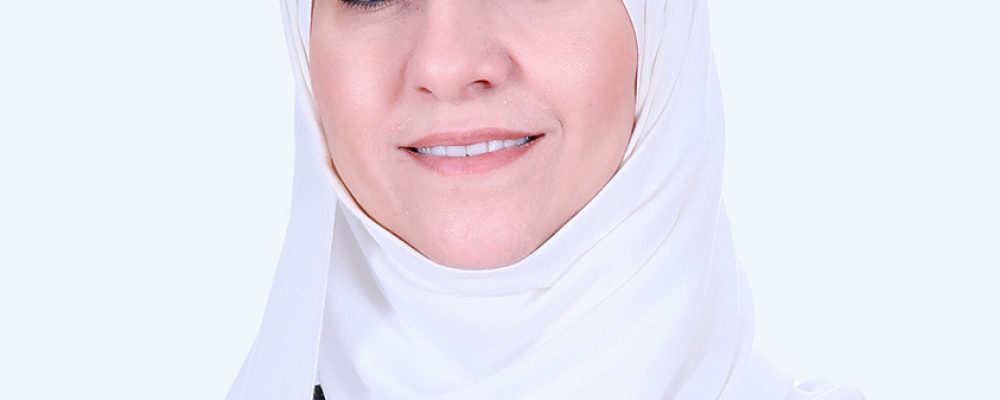We live in a world where screens and gadgets are an integral part of our day-to-day life. All aspects of our lives are touched by technology, from the moment we rise in the morning till the time we sleep ― we are constantly interacting with our gadgets. Technology is integrated into our lives to the extent that it is a part of everything we do, see, and experience. The education industry has experienced its share of changes with technological advancements.
Virtual classrooms, online tutorials, the use of high-tech tools, like artificial intelligence and machine learning in conceptual studying, and bring your own device (BYOD) are all vital teaching tools in modern-day classrooms. However, more and more concern is being raised by academics across the world on maintaining a balance between the modern and traditional ways of teaching and learning.
Mastering this balance in the UAE is Bukhatir Educational Advancement and Management International (BEAM), a Sharjah-based, multinational conglomerate established in the early 1970s that has led the deployment of concepts and management expertise in the education sector across segments. It makes the best use of technology while keeping the traditional values of learning alive.
BEAM offers courses for teaching and non-teaching staff aimed at fully equipping them with techniques far and above modern-day offerings. It also seeks to deliver engaging teaching and learning methods delivered by highly experienced academic teams using a world-class technology infrastructure.
At BEAM, an education system based on success geared towards achieving strong teaching and learning outcomes is implemented to ensure a solid educational foundation for students and to prepare them for the future ahead.
From the effectiveness of technology to adopting a BYOD system, BEAM has adopted all the latest trends in the educational world to widen and improve digital learning offerings.
With a forward-thinking, holistic approach to delivering the best education and nurturing future leaders, BEAM uses the BYOD approach to support the national vision of creating suitable learning environments to help students develop skills and thrive in the 21st century. BEAM’s curriculum highlights the importance of learning how to deal with the technological tools that they will be using in the future. The BYOD approach, as per BEAM’s founding philosophy, fosters a more knowledge-driven learning outcome where students become active learners, rather than passive ones, and develop problem-solving skills.
Stressing the importance of BYOD, the United States National Library of Medicine, a branch of the National Institutes of Health (NCBI)positions it as being beneficial for high levels of student engagement through interactive assignments, while also teaching core curricular skills, and helping create an interactive and collaborative learning environment.
To best take advantage of the BYOD system, students at BEAM premises are granted access to the ISCS wireless network via individual usernames and passwords. The students’ use of the network will be monitored carefully by the IT team using the Mobile Device Management Solution implemented by the school to ensure maximum safety and supervision.
Although technology-assisted learning is encouraged at BEAM, student safety and well-being are also prioritised. Professionals and trained teachers ensure a balance between managing screen time, putting them to use for an average between 1 – 3 lessons per day.
At BEAM, strict policies are applied for the use of devices after school hours, in addition to break times. Teachers ensure that devices are not being overused and a balance between traditional and digital learning techniques is maintained.
Overall, BEAM understands that although the concept of a classroom has dramatically changed over the past few years, it is necessary that equilibrium is upheld so that the basics of learning and education grow stronger.
References:
https://screentimelabs.com/byod-laptops-in-schools-how-to-keep-your-kids-safe/
https://gischool.ae/pdf/Taaleem%20AUP-BYOD%20Policy%202019_20.pdf




